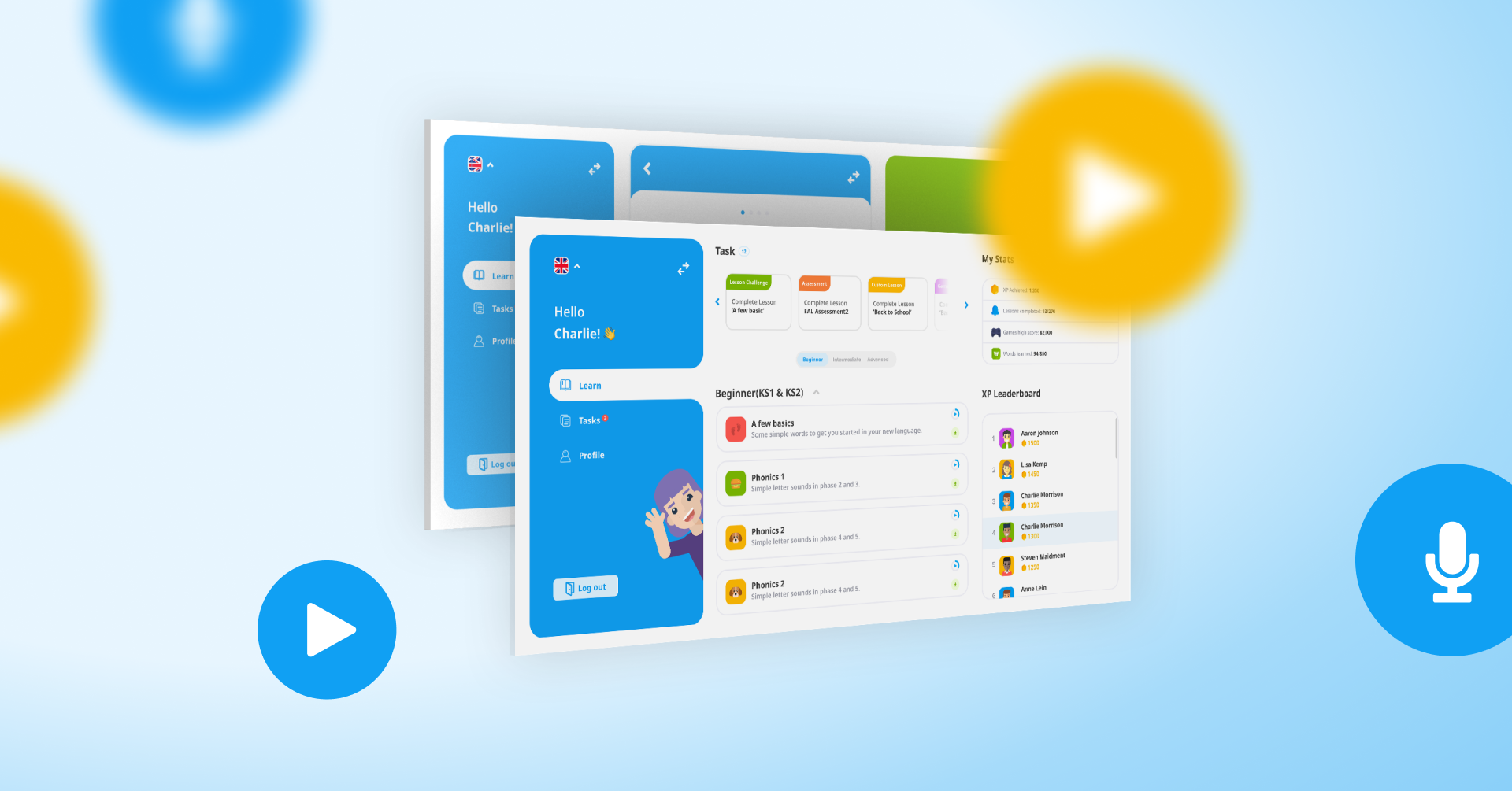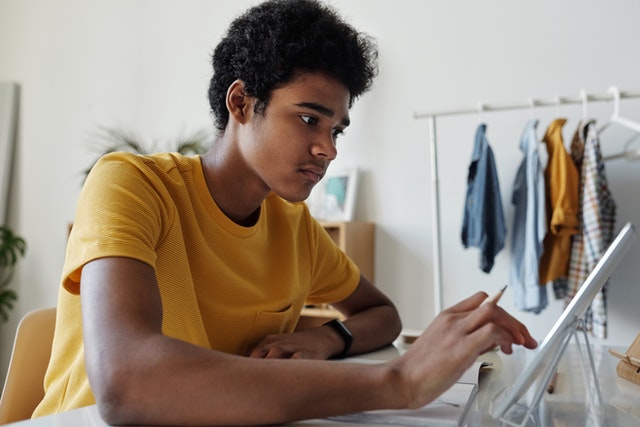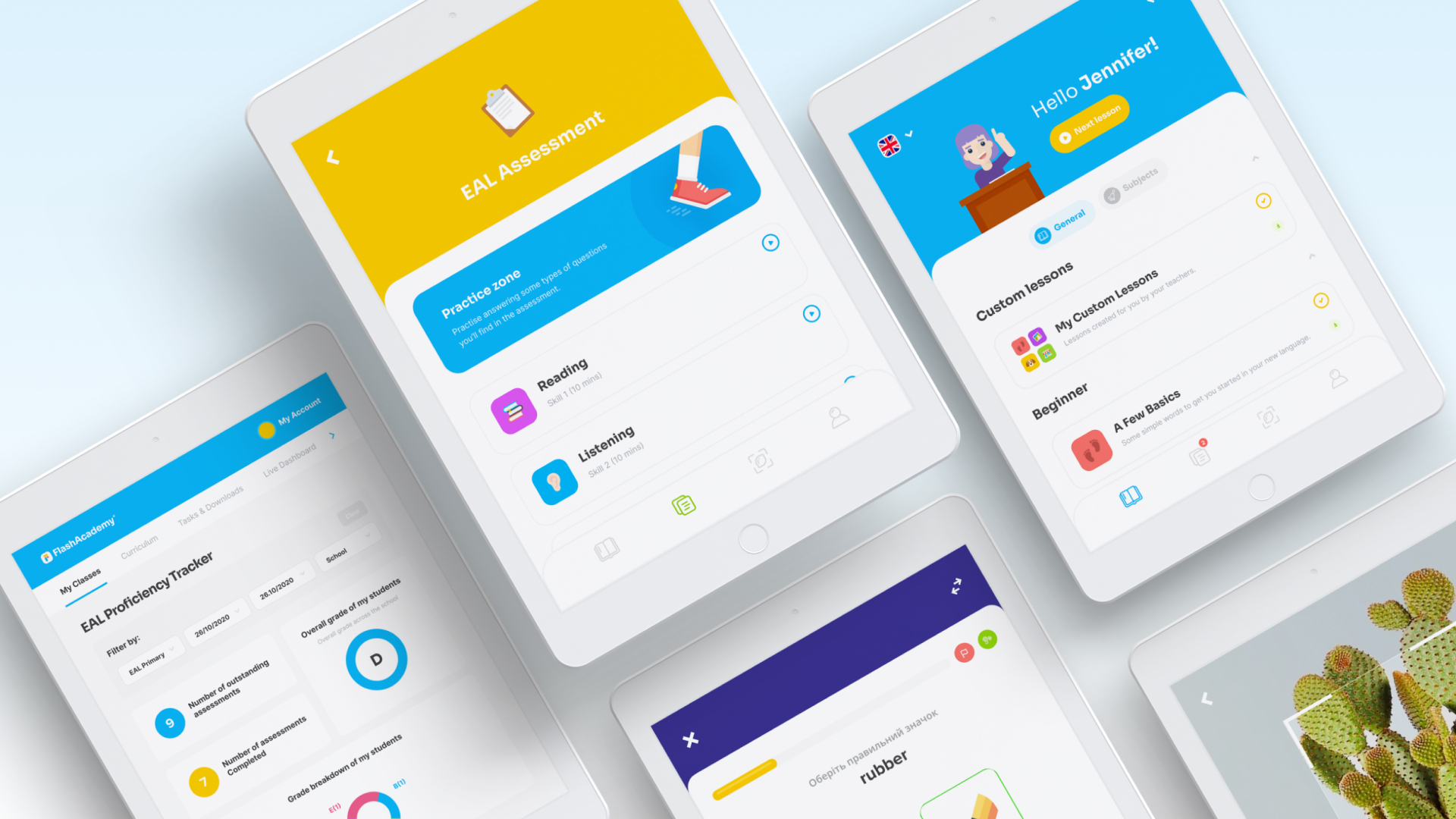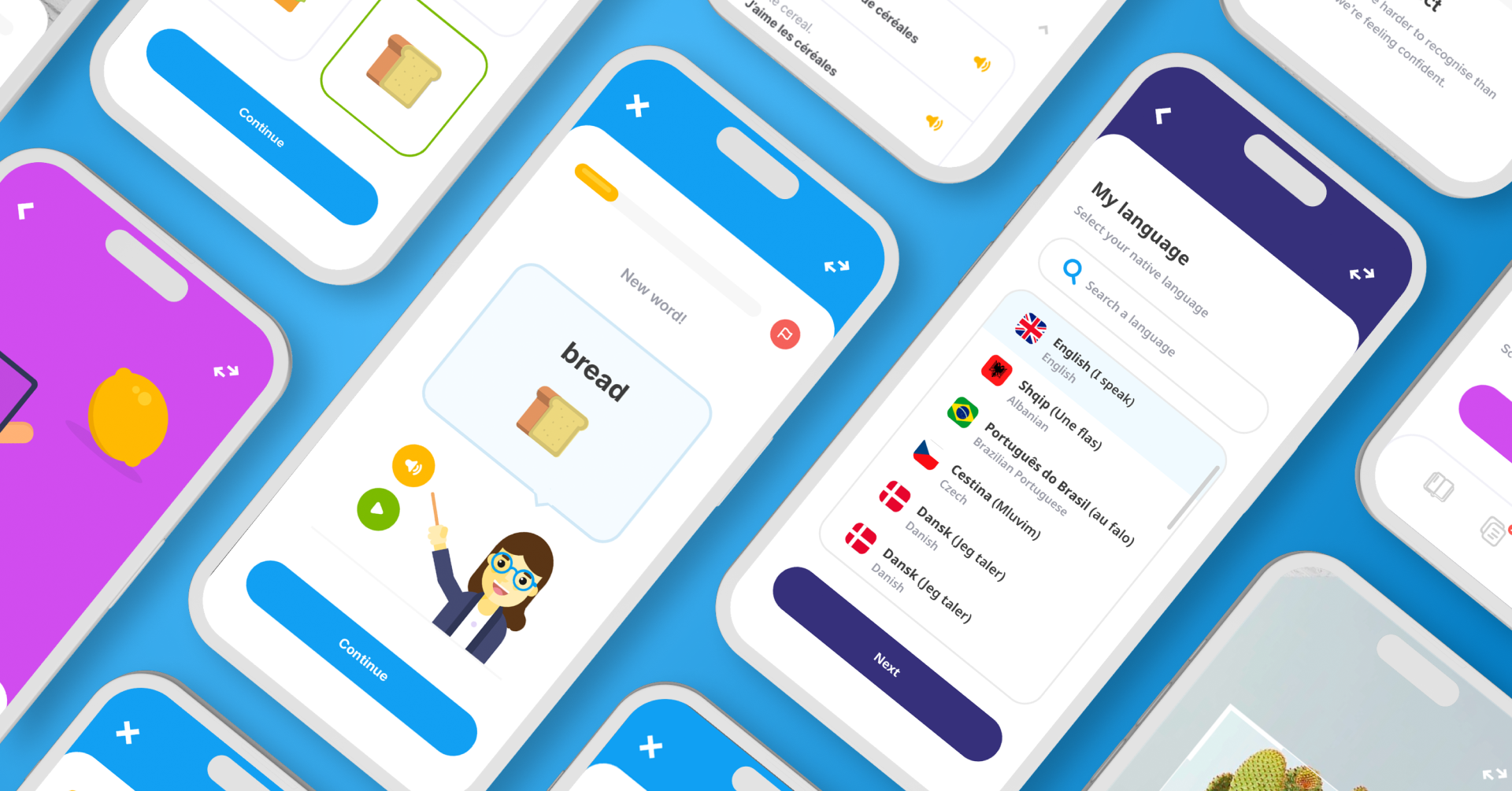

As pupils begin to settle into home learning, they are beginning to develop useful independent study skills. However, for some pupils, this can be an overwhelming challenge. They, or their parents, require more support and resources to help keep them on track and manage their learning. FlashAcademy® have created a Study Skills Home Learning Pack containing tools and resources to help support parents and pupils with some of the following independent learning challenges:
Planning
You wake up in the morning, have breakfast, clean your teeth, get ready for the day ahead – but what’s going to happen today? Without the regular check-in time of registration or form time, you could recommend to pupils that they dedicate 10/15 minutes in the morning to checking the independent learning activities their teachers are posting online. These may be assigned on different learning platforms, so it might help pupils to use a diary or a daily planner sheet to collect tasks in one place. Pupils could note down how long each task takes them to help them work out how to plan their time in the future. If they share this with teachers, it may also help them to work out if they are setting appropriate quantities of work.

Time management
When at school, pupils are used to bells ringing and teachers managing their time for them. Independent study requires pupils to learn how to keep track of time and how to use it effectively. A good place to start is to check that pupils are able to tell the time for themselves. Many may be used to digital clocks, but it is worth making sure that they are able to read an analogue clock too. Although there is an argument that analogue clocks are obsolete, they can be useful for helping pupils visualise the passing of time and see how it can be broken down into chunks. Encourage pupils to use time as a tool and to set themselves targets and personal deadlines. If pupils are set longer projects, breaking it down into tasks and estimating how long each task will take can help them to keep on track and give them more structure.
Setting independent learning goals
When trying to study at home independently, it can be difficult for pupils to remain motivated. It may be useful to remind pupils of the benefits of continuing to engage with home learning. For some pupils, discussing the future and their career goals can help to give direction to their studies. For others, immediate gratification may be much more up their street. While the stimulus of competition with classmates is limited (although do remember to use the FlashAcademy® Live Leaderboard), pupils can compete against themselves and set their own daily targets. They could even gain points for extended participation in learning activities or helping around the house. Parents could negotiate rewards with their children but for some, the sense of competition and beating their personal best or ticking off everything on a list will be enough.

Note-taking
Without a teacher assessing pupils’ understanding formatively or directing them on what notes they need to make on a topic, it can be difficult for pupils to engage with a topic or take a step back to consider what they are learning. Giving pupils the task of deciding for themselves what the key points or keywords are will add that extra layer of cognitive challenge which will help embed new knowledge into memory. Encouraging pupils to formulate questions, as well as to think about how topics link to different subjects, will help extend and contextualise their learning.
Research
Independent research is a skill that takes time to develop and pupils may need guidance on how to carry out research-based tasks. At the moment, pupils can’t go to libraries to look at books, but you can check if your local library has an e-book borrowing scheme. As whole families negotiate working from home together, there may be limited devices to use so pupils need to make the most of their time online. Help them use their time effectively by asking them to decide key search terms before they log on. It is also important that as pupils spend more time online, they are aware of the dangers and know how to stay safe as they browse. They will also need to start developing the ability to separate fact from fiction, which is not easy when fake news is rife online at the moment.
Reflection
During independent learning, teachers have fewer opportunities to check up on their pupils and carry out the pastoral side of their role. It can be hard to judge how long pupils are taking to complete tasks or glean how easy or difficult they found them. They can’t tell you about their day, how they feel or have a chat with you in the playground about the random thoughts they’re having. It’s worthwhile encouraging your pupils to spend another ten minutes at the end of the day to reflect on their achievements, learning and feelings. Research shows that using metacognitive strategies like reflection can help learners achieve more and overcome certain cognitive limitations they may have. You can find a template reflection page in our Study Skills Home Learning Pack. We would encourage you to let pupils use this reflection paper how they want; they could doodle over it, write their diary as a comic, fill it in in their best handwriting… whatever they do with it will tell you something about their feelings and could be a useful record of their home learning.

Independence
Each pupil is different. Outside of a classroom situation, they have more freedom to direct their own learning and to take responsibility for the tasks they complete. They can discover how they like to learn and how they can challenge themselves. Make the most of the opportunity to use varied and differentiated extension tasks to encourage pupils to self-select their learning and begin to develop independent learning skills that will stand them in good stead for the future.
Remember to download the Study Skills Home Learning Pack and share with parents and pupils!

